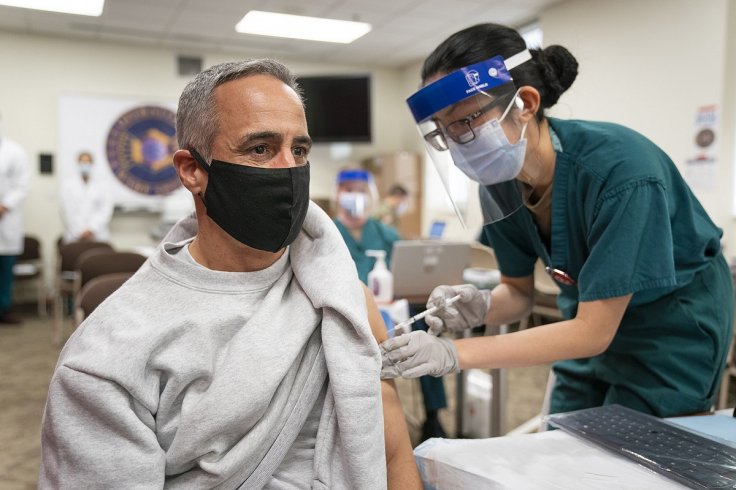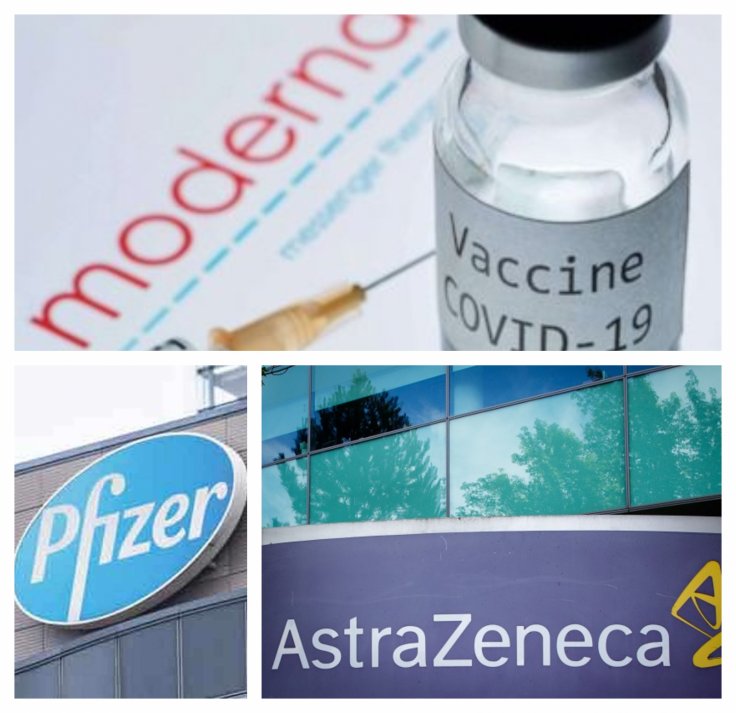Almost a year after the novel Coronavirus created a worldwide health emergency, scientists and governments quickly moved to develop effective vaccines. The effects of the vaccine are already visible in Israel where a limited study showed transmission rate dropping. However, despite the good news, scientists are worried about another SARS-CoV-2 variant that seems to resist the existing vaccines to some extent.
While the existing vaccines are effective against all novel Coronavirus variants, including the one from the UK, known as VUI-202012/01, clinical studies show that the South African variant, known as B.1.351, has formed a resistance. So far, the variant has been detected in 30 countries, including the US and spreading silently to many countries.
South African Variant
Mutation in a virus is common in its attempt to survive. It could be a minor change with no noticeable difference in genetic code or it could be insertion or deletion of longer stretches, making it deadlier or more infectious. In the case of the novel Coronavirus, there have been hundreds of mutations with little to no change until the UK and South African variant.

The B.1.351 variant has three mutations that help it more easily attach to human cells. The first mutation is in the receptor-binding domain in the spike protein. The other two mutations are in the receptor-binding motif. That makes it more infectious than the one that first jumped from an animal host to a human one.
Vaccine Resistance
As the existing vaccines — Pfizer-BioNTech, Moderna, AstraZeneca and Novavax — all work against the spike protein of the virus, a mutation could reduce their effectiveness. So far, the vaccine from US drugmaker Novavax was found to be 90 percent effective in clinical trials conducted in the UK. However, the efficacy reduced to just 49 percent when tested in South Africa where the variant was first found late last year.
Similarly, Johnson & Johnson's vaccine was found to be 72 percent effective in preventing COVID-19 in the US, followed by 66 percent in South America and only 57 percent in South Africa. As for Moderna and Pfizer, both are conducting tests and expect the vaccines to trigger a small immune response.

"From an evolutionary biology perspective, this is totally expected and anticipated. But it never feels good to be validated on something so scary," Dr. Michael Mina, an epidemiologist at Harvard Medical School, told Los Angeles Times.
The initial idea was that a virus could become vaccine-resistant after years of mutation. But with SARS-CoV-2, it hasn't been the case. As the virus spread to over 100 million people in the world, rather unchecked, it helped the organism to easily mutate. There were early warning signs when many COVID-19 patients were found to be reinfected with the virus. Reinfection means that the body's neutralizing antibodies failing to protect against the virus.
When Pfizer and Moderna put their mRNA-based vaccines to test, they found them to be less effective. Both drugmakers exposed vaccinated blood samples to the UK and South African variants in the laboratory setting. Moderna's vaccine was far less effective against B.1.351 while Pfizer's shot was slightly less effective, as per LA Times.

What Does It Mean?
As per laboratory tests, it seems that the South African variant has already developed vaccine resistance that can curtail the world's biggest immunization drive. But other factors could help the body fight the variant. As per Dr. Otto Yang, an infectious disease researcher at UCLA, the real puzzle would be to find out whether vaccinated people got infected with the South African variant.
Dr. Marc Lipsitch, a Harvard epidemiologist, said that when neutralizing antibodies fall short, T-cells and other parts of the immune system could play a major role in fighting the variant. Furthermore, the clinical trials on the South African variant have had small participants to simulate a real-world scenario. Novavax had only 4,400 patients to study the vaccine's efficacy on the South African variant. Until and unless a large-scale study is conducted, it would be difficult to establish how resistant the new variant is.
For now, Pfizer and Moderna both are adjusting their vaccines that could be effective against the South African variant. Even the vaccinated people may need additional booster shots to be protected from the new variants.









